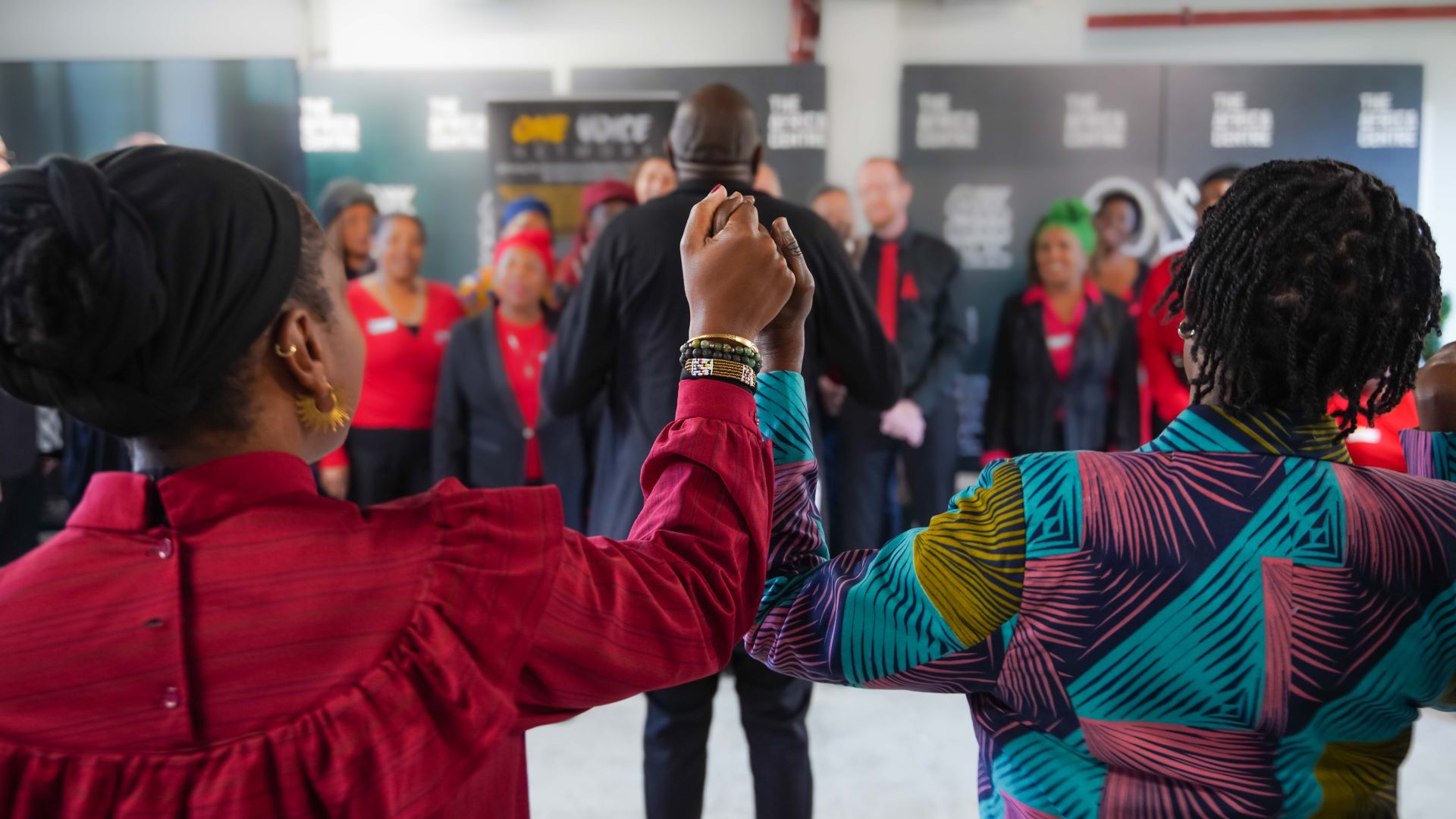Time to read
- One-size-fits-all approach to primary care is leaving communities behind
- HIV stigma has real-world consequences
- Report’s recommendations would benefit all people living with HIV
A new report from National AIDS Trust and the One Voice Network – Unheard Voices: Understanding the challenges faced by Black people living with HIV in primary care has launched today.
The report, which surveyed 142 Black-heritage people living with HIV in London, has identified distinct barriers to receiving adequate care, meaning that these communities have lower levels of engagement in HIV care, poorer health outcomes and higher rates of HIV-related morbidity and mortality.
Key findings included the fact that nearly a fifth of all respondents (19%) have avoided going to their GP for fear of being treated differently due to their HIV status, 13% of respondents having been refused a medical procedure or medication, and 20% stating that they are not listened to by their GP, with one third reporting that their GP never consulted them about their medical care or treatment.
Respondents told us that “most of the time I have to fight to be heard”, and that “the GP wants to do their work without hearing my side of the story.” Stigmatising treatment such as being “asked by my GP how does someone like you get HIV” was reported, and cases of people getting “tossed between GP and Consultant because I have two medical conditions,” with no-one wanting “to take responsibility to get to the bottom of the issue/problem”.
Issues such as GP workload meaning lack of time to provide tailored, patient-centred care, a lack of cultural competency, the dual burden of racism intersecting with HIV stigma and the lack of information among GPs and other primary care staff about HIV were all identified, along with a suite of recommendations to for GPs, Primary Care Networks, local authorities,, Integrated Care Boards (ICBs), the NHS and National Government, if we are to address these urgent problems and reach the goal of ending HIV transmissions in England by 2030.
Most of these findings also have wider application across the UK HIV response.
Christina Ganotakis, Co-chair of the One Voice Network, said:
“Without committing to rectify the underlying inequities in our health systems, Black people living with HIV will face the highest burden. As the Unheard Voices primary care survey findings show, Black people living with HIV in London experience ongoing stigma and a healthcare system unequipped to support their complex needs which are causing people to fall through the cracks.
“Real change and progress begin when we acknowledge where we can do better. Black African and Caribbean communities know what they need; it’s time for our decision-makers to act.”
Dr Aneesha Noonan, Medical Director for Specialist Commissioning, NHSE London, who provided a foreword to the report, added:
The data presented within this report paints a stark and sobering picture of the deep-rooted systemic issues that disproportionately and negatively impact Black people living with HIV… To make sure no one is left behind, the recommendations from this report should be implemented across London and the rest of England so quality of primary care for Black people living with HIV is never a postcode lottery.”
And Oluwakemi Agunbiade, Senior Policy and Research Officer at National AIDS Trust, commented:
“A lack of culturally tailored healthcare is detrimental to the health wellbeing of Black communities, and as we work to improve the quality of life of people living with HIV, we must ask ourselves – who are leaving behind? A diverse community like people living with HIV requires a healthcare system that adapts itself to the diverse needs of its patients. What we have seen in this report speaks to a greater need for Government and our National Health Service to address stigma, cultural competency, confidentiality and accessibility so Black communities and everyone else who experiences poorer health outcomes have a renewed faith in primary care. Our research makes clear that only person-centred care will help us reach our goals of ending new HIV transmissions and improving health outcomes for people already living with HIV.”

Unheard Voices
Working with the One Voice Network, the Unheard Voices partnership aims to end the structural inequalities and barriers that affect Black people living with or at risk of HIV. Often left behind, despite being disproportionately affected, so it is vital that Black communities lead these conversations.
